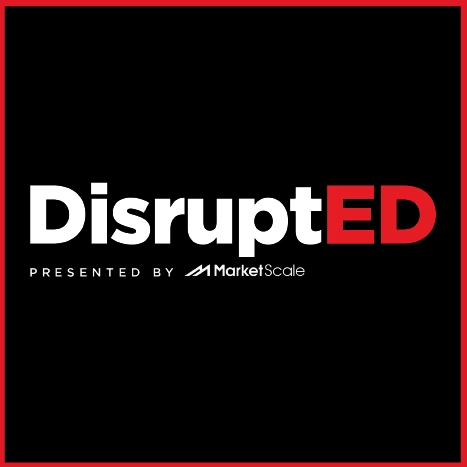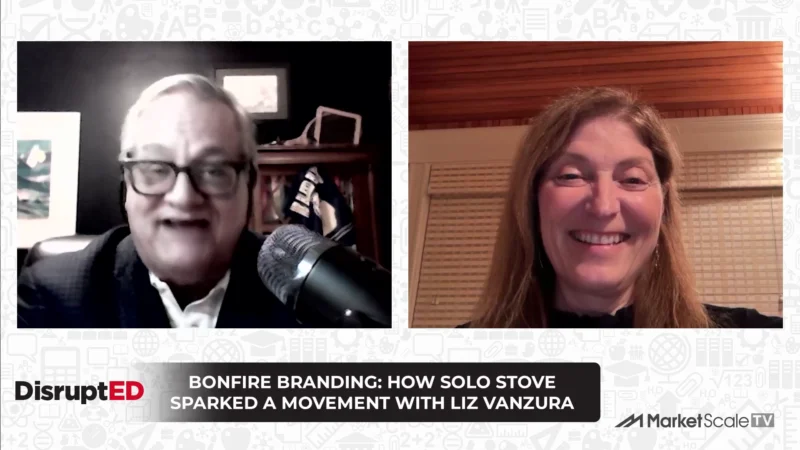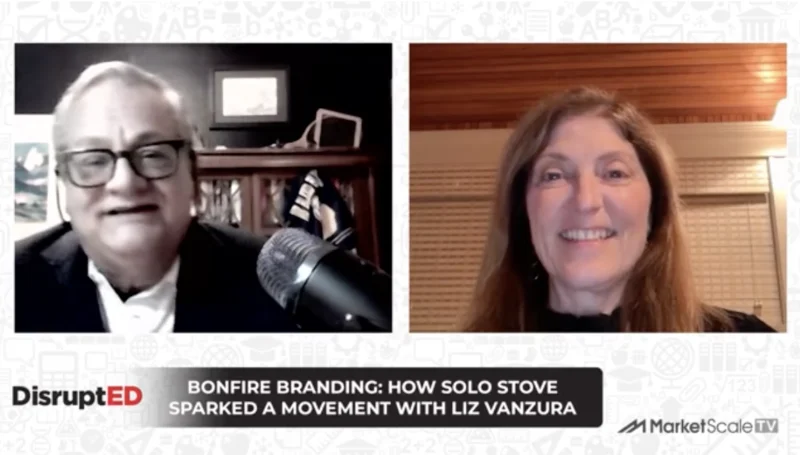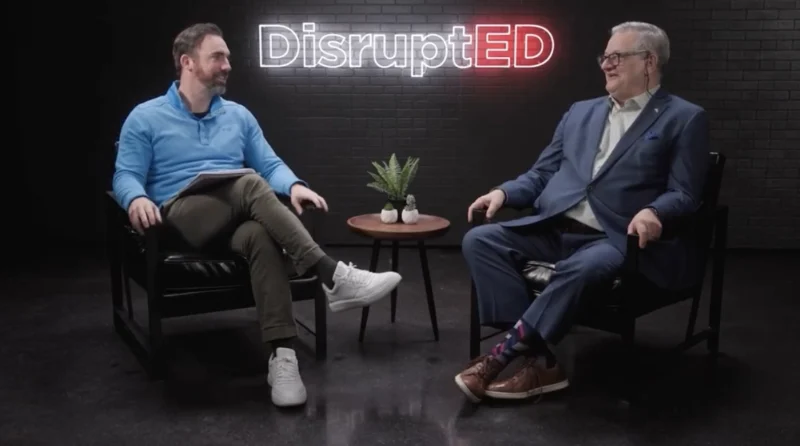Workforce Success and Innovation-Driven Growth with President Keith of Goldey-Beacom College
As higher education institutions face declining enrollments and increasing pressure from employers for skills-based learning, small colleges are rethinking their missions. A whopping 70% of U.S. employers say they struggle to find workers with the right skills, and credential-based programs are gaining traction as a solution. At the intersection of tradition and transformation, Goldey-Beacom College has positioned itself as a model for workforce alignment and innovation.
But how can a small, mission-driven college balance historic strengths with the urgent demand for adaptable, industry-connected programs? And what lessons can other institutions take from Goldey-Beacom’s approach to sustaining growth while preparing students for the future of work?
Welcome to DisruptED. In the latest episode, guest host Darin Francis sits down with Dr. Colleen Perry Keith, President of Goldey-Beacom College. Their discussion dives into how small colleges can innovate by drawing on their history, building employer partnerships, and leveraging stackable credentials to meet today’s workforce needs.
The main topics of conversation…
-
Returning to Roots for Innovation: How Goldey-Beacom drew on its business school origins to reintroduce certificate programs and align with employer needs.
-
Stackable Credentials & Enrollment Growth: Why short-term, industry-relevant programs are attracting new learners and creating pathways to advanced degrees.
-
Agility Through Scale: How being a smaller institution allows Goldey-Beacom to adapt quickly, foster employer partnerships, and maintain a personal student experience.
Colleen Perry Keith is a seasoned higher education leader with over 15 years of presidential experience, currently serving as President of Goldey-Beacom College and previously leading Pfeiffer University and Spartanburg Methodist College. She has deep expertise in institutional growth, workforce-aligned program development, and enrollment strategy, alongside a strong background in advancement and development from roles at Ohio University, the Methodist Theological School in Ohio, and national nonprofits. Her career reflects a blend of academic leadership, fundraising, and strategic partnerships that have positioned her as a respected voice on small college sustainability and innovation.
Article written by MarketScale.




